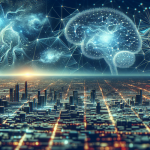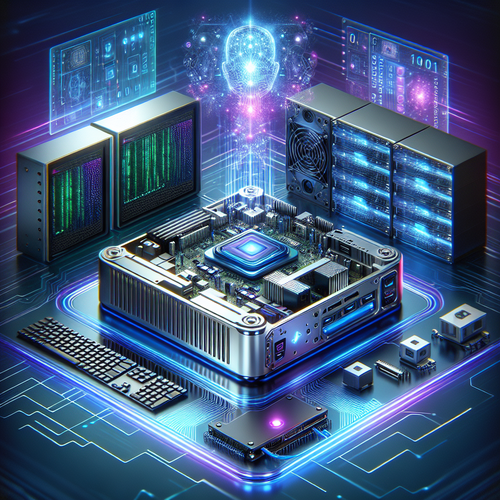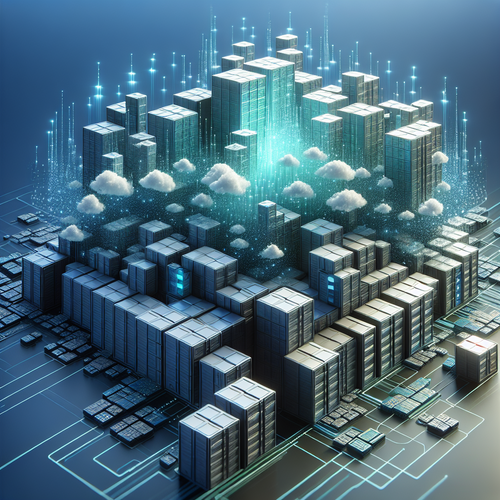
Artificial Intelligence in Smart Cities: A Transformative Approach
Artificial Intelligence in Smart Cities: A Transformative Approach
As urban populations surge, cities face unprecedented challenges in terms of infrastructure, transportation, and sustainability. Artificial Intelligence (AI) offers innovative solutions that enhance urban living, creating what we refer to as ‘smart cities.’ In this article, we explore how AI technologies transform cities into more efficient, livable spaces.
Defining Smart Cities
Smart cities leverage technology to optimize the performance of urban services and enhance the quality of life for residents. These cities utilize IoT devices, data analytics, and AI to improve transportation, waste management, energy efficiency, and public safety.
AI’s Role in Smart Infrastructure
Infrastructure is the backbone of any city. AI technologies can analyze massive data sets to forecast traffic patterns, manage energy use, and enhance public services. For instance, AI-driven traffic management systems can adapt traffic signals based on real-time data, reducing congestion and improving travel times. Moreover, predictive maintenance powered by AI can prevent infrastructure failures, extending the lifespan of roads and bridges.
Benefits of AI in Urban Planning
- Enhanced resource allocation leading to cost savings.
- Improved urban mobility through smart transportation models.
- Increased sustainability through efficient energy usage.
AI in Public Safety and Emergency Services
Public safety is paramount in urban environments. AI technologies improve response times and safety measures. For example, by analyzing data from surveillance cameras and sensors, AI can identify potential threats or emergencies, allowing authorities to react quickly. Additionally, AI algorithms can predict crime hotspots, enabling law enforcement to allocate resources more effectively.
Challenges and Considerations
While the promises of AI in smart cities are appealing, challenges exist. Data privacy and security are significant concerns that must be addressed. Moreover, ensuring equitable access to AI technologies is crucial to avoid widening the digital divide.
The Future of Smart Cities with AI
Looking ahead, the integration of AI into urban environments will continue to grow. Smart city initiatives will leverage machine learning and big data to make cities more adaptive and responsive to resident needs. Innovations such as autonomous vehicles, integrated waste management systems, and AI-assisted urban planning will create sustainable metropolises for future generations.
For insights on how technology is impacting various sectors, read our article on The Rise of AI in Drug Discovery.













